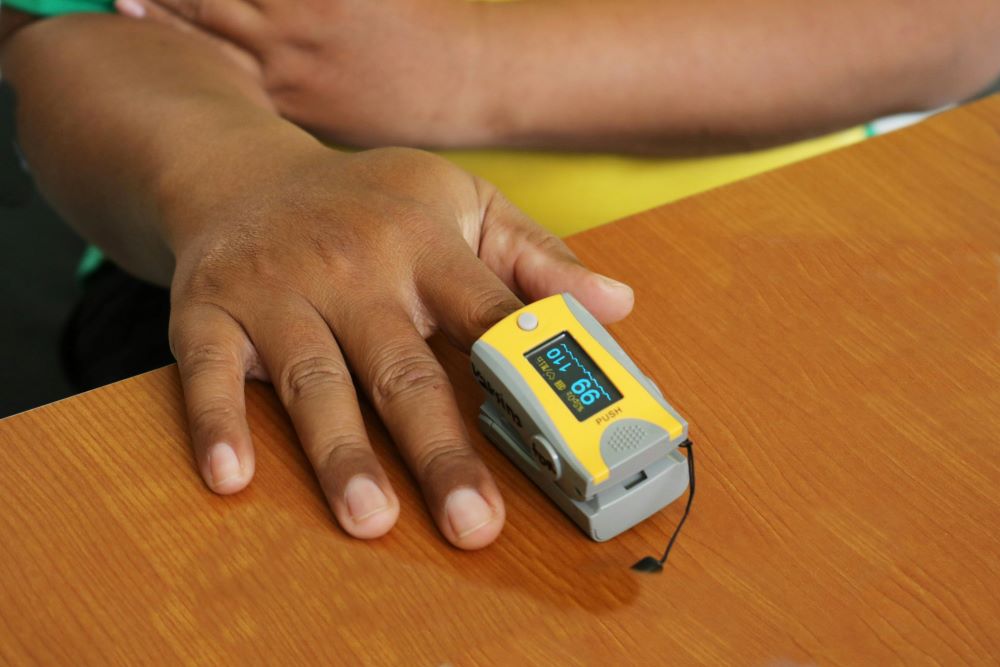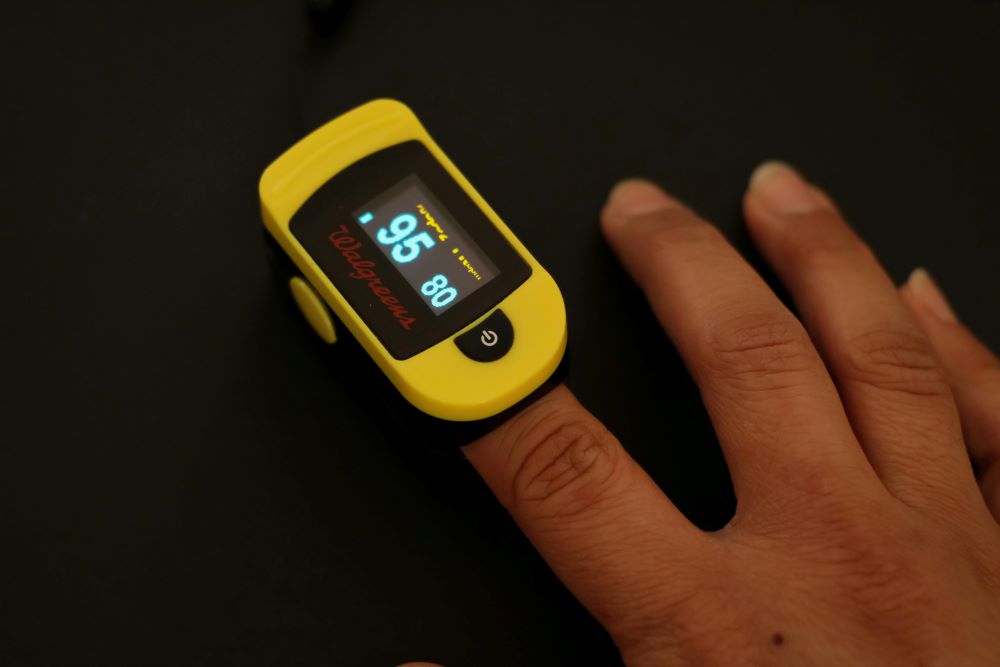Research shows faulty pulse oximeters underestimate blood flow rates and overestimate arterial resistance.
Pulse oximeters are a standard piece of equipment that are regularly used to check for oxygen levels in the blood of patients. Based on the results of testing using these meters, important health decisions can be made by medical professionals. When accurate, these meters offer valuable information for doctors and nurses, as they can be used quickly and are non-invasive.
There is, however, a big problem with pulse oximeters. This tool is known for being less accurate when used on Black patients. If the meter is used on a Black patient and the readings are taken at face value, the care delivered to those patients may not wind up being appropriate, and some very serious consequences could result. Unless developments in pulse oximeter technology can be made to where the devices are just as useful on Black patients as the rest of the population, it seems obvious that another approach should be taken.
Through review of medical histories of Black patients, it was revealed that pulse oximeters often encountered the same types of problems over and over again. Specifically, it was common for the meters to underestimate heart blood flow rates and overestimate arterial resistance. Those two components are vital pieces of data for doctors to have available when treating heart failure, so inaccuracy in this area is particularly troublesome.

One potential result of poor readings is excluding some Black patients from being eligible for heart transplants. Or they might be put on medication which is unnecessary and could wind up leading to other complications. It’s always important for healthcare providers to have the best possible information when treating patients, but it’s even more critical when it relates to the heart and how it is treated at a vulnerable stage in life. For patients who may be dealing with heart disease, getting the best possible information is a matter of life and death.
Unfortunately, the problems experienced by Black patients in this area are not unique or unusual, as Black patients often experience disparities in both treatments and outcomes. There are many different explanations for those disparities, but whatever is at the core of the matter, solutions need to be found so patients of all races can have access to the same high-quality care that they deserve. Whether it’s improving the way a pulse oximeter works, using different methods to gather the data, or taking other steps to remove inequalities, all progress that can be made on this front is important.
The most reliable way to get important information about Black patients who may be facing heart failure or other conditions is to use direct blood oxygen saturation measurement. When that tactic is employed, the results can be trusted, and better healthcare decisions can be made. As the FDA has now taken up this issue and is looking for input, it seems likely that there will be some upcoming changes to hopefully improve outcomes for all Black patients in this situation.
Sources:
Faulty Pulse Oximeters Could Worsen Heart Failure in Black Patients
Study reveals racial bias in pulse oximeter readings for Black heart failure patients


Join the conversation!